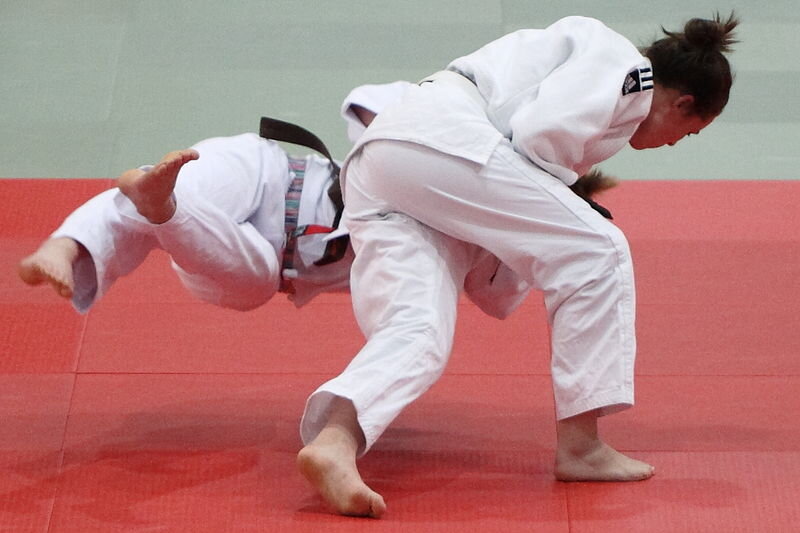Poor sleep quality reduces physical recovery and performance. For high-level athletes, a lack of good-quality sleep can be especially damaging for their bodies and performance results. A new study has reinforced this, showing that elite judo athletes grapple with getting a good night’s sleep. They also may struggle more than some other top-flight athletes.
In a study published recently in Sleep and Biological Rhythms, researchers at the University of Tsukuba sought to identify poor sleep quality’s prevalence and risk factors among athletes training for the Japanese national judo team. Nearly half of the athletes had poor sleep quality.
Judo is an intense combat sport that requires strength and stamina to excel, while demanding that athletes meet strict weight requirements. Sleep is pivotal for physical and mental recovery and for competitive success.
“Poor subjective sleep quality has been found among athletes of various disciplines, and risk factors have been examined. However, no past studies have looked at discipline-specific risk factors of poor sleep quality in elite athletes or at factors related to sleep quality in elite judo athletes,” research leader Professor Fumi Takeda says. “Knowing what prevents good sleep is vital for enhancing the performance of these athletes and reducing related psychological problems.”
The study surveyed 106 judo athletes who participated in a training camp for the Japanese national judo team before the Tokyo 2020 Summer Olympic Games. Ultimately, 12 advanced to the Games held in 2021 and won medals. The athletes recorded their attributes, including sex, age, and weight, and answered a questionnaire on their competition stressors, psychological distress levels, and the Pittsburgh Sleep Quality Index (PSQI).
Among the results, 40.7% of the respondents had poor sleep quality. Subjective sleep quality of the respondents (based on PSQI) was similar or worse than in other studies on national-level Japanese athletes from 36 disciplines, as well as on other elite athletes. Poor sleep latency (time taken to fall asleep), sleep duration, and daytime dysfunction were all notable among the respondents compared with Japanese athletes from 36 disciplines.
Further analysis found a connection between psychological distress and poor sleep quality in the respondents. However, no significant association was found between their competition-based attributes (e.g., length of career and training duration) and lifestyle habits (e.g., bedtimes and meals). Additionally, there was no significant difference between male and female participants.
“We studied elite athletes competing under the pressures of making the national team. Such duress could have led to high levels of poor-quality sleep,” Professor Takeda points out. “Our study elucidated that elite judo athletes experience comparatively poor sleep quality among elite athletes, and psychological distress was a factor.”
Studies now need to further examine the risk factors for poor-quality sleep in different specific types of athletes and in different settings. These findings will all help contribute to well-rested, high-performance athletes in judo and other sporting disciplines.
More information:
Takafumi Monma et al, Prevalence and risk factors of poor subjective sleep quality in elite judo athletes, Sleep and Biological Rhythms (2023). DOI: 10.1007/s41105-023-00444-6
Citation:
Tossing and turning: Elite judo athletes struggle with poor sleep quality (2023, March 27)
retrieved 27 March 2023
from https://medicalxpress.com/news/2023-03-tossing-elite-judo-athletes-struggle.html
This document is subject to copyright. Apart from any fair dealing for the purpose of private study or research, no
part may be reproduced without the written permission. The content is provided for information purposes only.


